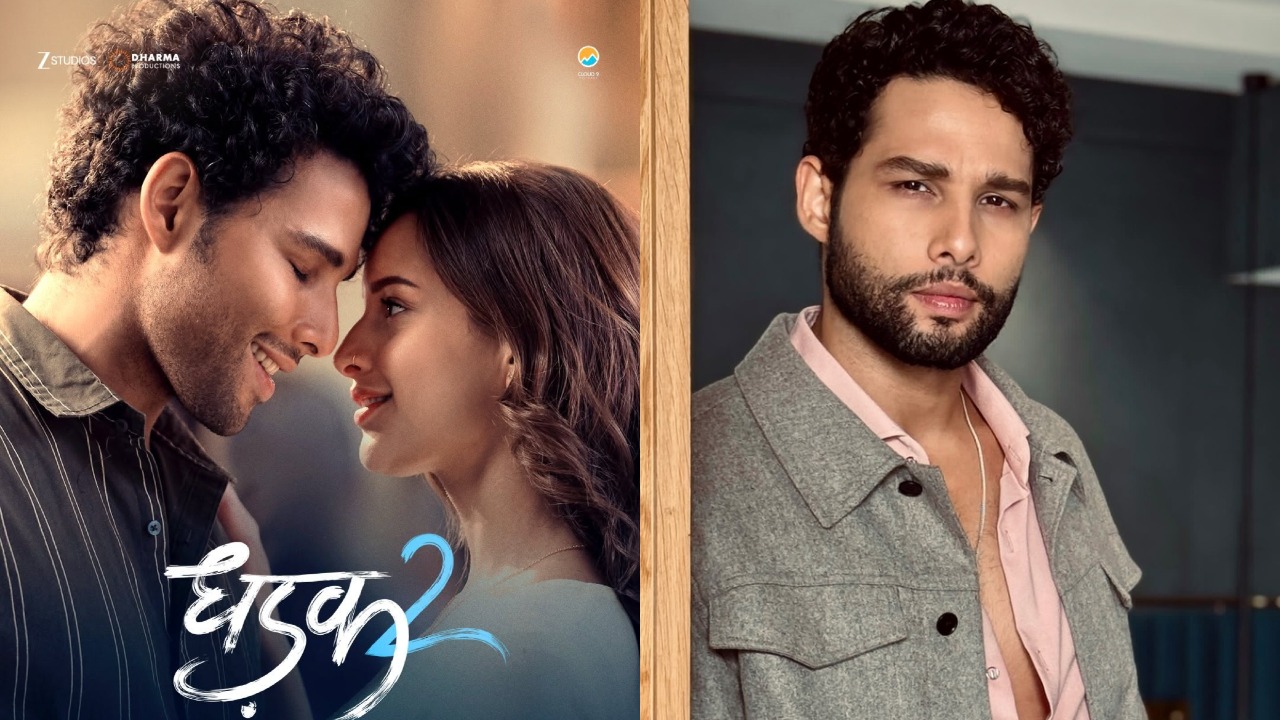Bollywood has never known what to do with people from UP, Bihar and any other state that’s different from the northern context. It has boxed them, branded them, and built tropes that serve laughs or fear, but rarely truth. The accent becomes punchline. The village becomes a threat. The man, a mimicry of power or poverty. Dhadak 2 refuses all of it.
Siddhant Chaturvedi, born in Ballia, doesn’t play around this time. He walks straight into the fire and owns it. As Neelesh, he carries the weight of caste, judgment, and love that isn’t allowed. But this isn’t performance for applause. It’s a quiet undoing of every stereotype Bollywood has nurtured for decades. The Bhojpuri is fluent. The rage is contained. The silences hit harder than most screen monologues.
This is not the UP-Bihar of loudness and lawlessness. This is what it actually looks like when someone from the land plays someone of the land and does not flinch.
In his Siddhant says, “I got so many messages after that [reel], the one where my mom’s doing a champi and I’m speaking in Bhojpuri.” He adds, “That felt good. That’s a big thing to me.” His identity is a big part of his personality, and in a way that encourages one to speak their mother tongue out loud. I know I want to.” Adding on, he said, “There’s a certain type [of stereotype] attached to people from UP and Bihar, even though we have the biggest superstar, Mr. [Amitabh] Bachchan, coming from there,” as per Masala.
So, with the role Neelesh, he doesn’t yell. He doesn’t fight for space. He takes it. With the kind of stillness that disturbs. That stays.
Because when you’ve been stereotyped all your life, sometimes the most radical thing you can do is just be.

